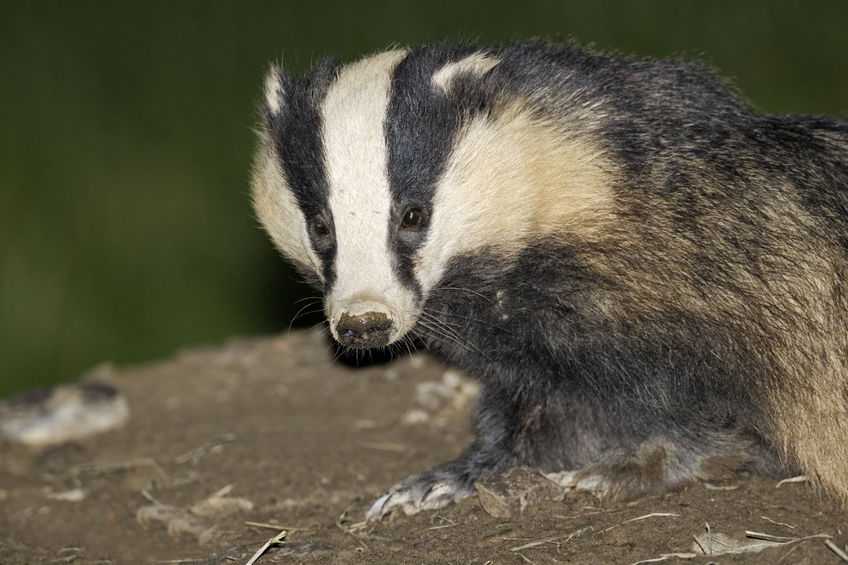
Farmers must take greater responsibility for on-farm controls, biosecurity and safe trading practices to stop bovine TB from spreading, according to major new review.
The Godfray review, led Sir Charles Godfray into the Government’s 25-year bovine TB eradication strategy, has been published on Tuesday (13 November).
The report, which was commissioned by Defra Secretary Michael Gove in February, aims to inform future strategies around the Government’s goal of eradicating the disease by 2038.
Bovine TB is a devastating disease. Last year more than 33,000 cattle were slaughtered in England because of it and more than 3,800 farms that had been clear of the disease were affected by it.
The report's main findings are:
• The farming industry must take greater responsibility for on-farm controls, biosecurity and safe trading practices to stop the disease spreading
• More can be done to help farmers make purchasing decisions reflecting the risks of cattle being infected
• Evidence shows that badgers do transmit bovine TB to cattle and contribute to the persistence of the disease
• Disease reduction would benefit from greater flexibility and agility in adapting bovine TB control measures as new research findings emerge
• A new independent body on disease control would be helpful to take over disease control operations from APHA, Natural England and local authorities
The Review Panel said it is "acutely aware" of the "burden" bovine TB places on the welfare and well-being of farmers and their families, and the distress many people feel about badger culling.
'Horrible and complex disease'
In response to the report, the NFU said it wishes to see the eradication of bTB as quickly as possible while retaining a viable cattle industry.
NFU Vice President Stuart Roberts said: “To tackle this disease it is crucial that we use every tool available to us, including cattle testing, cattle movement controls, on-farm biosecurity, vaccination and control of the reservoir of disease in wildlife in areas where it is endemic.
“No farmer has ever wanted to see their herd affected by this horrible and complex disease. The industry has stepped up to work with Government in tackling bTB."
Mr Roberts added: “Farmers are already taking a range of steps to protect themselves against this disease, with measures like securing feed stores, double fencing fields to stop nose-to-nose contact with cattle on adjoining farms, and preventing wildlife accessing buildings to help mitigate the risk of the disease spreading.
“The Godfray review suggests more can be done but the question many cattle keepers have is which measures bring the greatest disease control benefits," he said.
'Extremely concerned'
Animal welfare and green groups have criticised the report for recommending that badger culling continue.
The Wildlife Trusts said it is "extremely concerned" that the report recommends the policy continues, saying it "flies in the face of robust scientific evidence".
Ellie Brodie, Senior Policy Manager of The Wildlife Trusts said: “The Wildlife Trusts believe that cattle and not badgers should be the focus of efforts to eradicate bTB.
“Only 1 in 20 cases of bTB herd infections are transmitted directly from badgers, so culling badgers is not the answer. Several scientific studies have demonstrated that culling increases the prevalence of bTB in the badger population, and results in it spreading to other areas.
She added: “We believe that more must be done by both the government and farmers to improve farm biosecurity and cattle movement controls.”
The review is now with Ministers who will consider its recommendations before publishing a response, setting out the next steps for the bTB Strategy.
